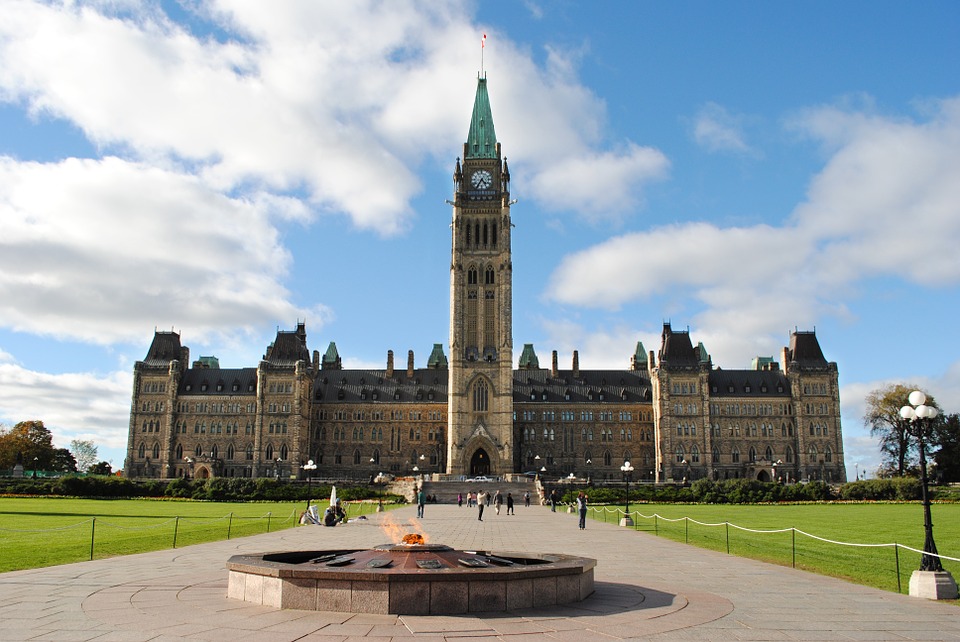
Advancing LGBT is Key to Canada’s Economic Growth, says Government
Barriers for employment exists for women and LGBT Canadians. Breaking these down says, Canadian Minister for Women and Gender Equality Maryam Monsef, is going to be critical to driving Canada’s future economic growth.
McKinsey recently helped answer the question, “What is the value of diversity?”. When measuring for ethnic diversity, leading firms, financial returns were 35% more likely to outperform. Part of the strength of this data is its size of companies but that also means the majority of firms, are diversity poor, despite the data and business case.
Canadia’s government recently invested into implementing investments in diversity by transforming The former Status of Women agency into a full department, with more funding and a broader mandate to advance LGBT rights. The government argues that this is an “economic imperative” to boost the participation of women and LGBT in the workforce.
The size of the LGBT economy both in terms of population size and LGBT purchasing power is large. A study with Hornet and Kantar Consulting, identifies and calculates the size of the Q+ community, which is composed of people who, Kantar explains, “list their orientation as ‘heterosexual,’ but—in terms of sexual attraction, behavior, and personally held identity—they live outside of strict heteronormative confines.” Yet, LGBT Foundation CEO, Sean Howell says that celebrating these numbers can hide the economic discrimination still faced by LGBT in countries like Canada, USA, and is far worse in other places–where there are little employment protections and criminalization of LGBT in over 70 countries.”
LGBT Women Face Higher Economic Inequality especially if you measure on progress of wages. Women are still paid less than men. In terms of opportunities, women are more likely to hold low-wage and minimum wage jobs.
- Less than 5% of Fortune 500 CEOs are women
- 1/7 women live in poverty
- Of those in poverty, ⅖ live in extreme poverty
Monsef stated, “We can’t afford to leave anyone out. The economy is changing. The solutions to our most complex challenges will be developed and implemented by people of various backgrounds and experiences. Voices that haven’t always been at the table can hold those solutions we have not yet thought about. Canada will be stronger when we include everybody.”
In a recent article, discussing the impact of homophobia on economies, the LGBT Foundation shared data from the World Bank and United Nations showing the costs of homophobia. Senior Economist Erik Lamontagne from the UNAids is very clear in his analysis of global data in his research. “In simple terms, the more homophobic you are, the more and more it will cost your economy,” Lamontagne said, commenting on the shape of the graph. “If you double the level of homophobia, you don’t double the cost — you more than double the cost.”
The Williams Institute at UCLA collected empirical evidence from 39 countries, 29 of which are emerging economies to map the relationship between LGBT Rights, inclusion and economic development.
Monsef is working with the Canadian prime minister office to help end discrimination.
“Not only are we formalizing the focus of this new department to ensure that women and persons of different gender identities and sexual orientations have a voice within the federal government, we’re also going to further strengthen our relationship with organizations on the ground doing this work to ensure that we are as relevant and responsive as possible, and that we meet the needs and also seize the opportunities that exist in greater inclusion,” Monsef said.
Canada isn’t the only one advancing LGBT employment practices, read about the waves of businesses supporting LGBT in Mexico.
The LGBT Foundation is a not-for-profit organization with the mission to create the LGBT Token cryptocurrency and utilize blockchain technology to achieve equal rights and acceptance for all members of the LGBT+ community worldwide.